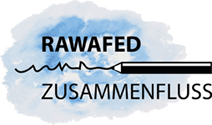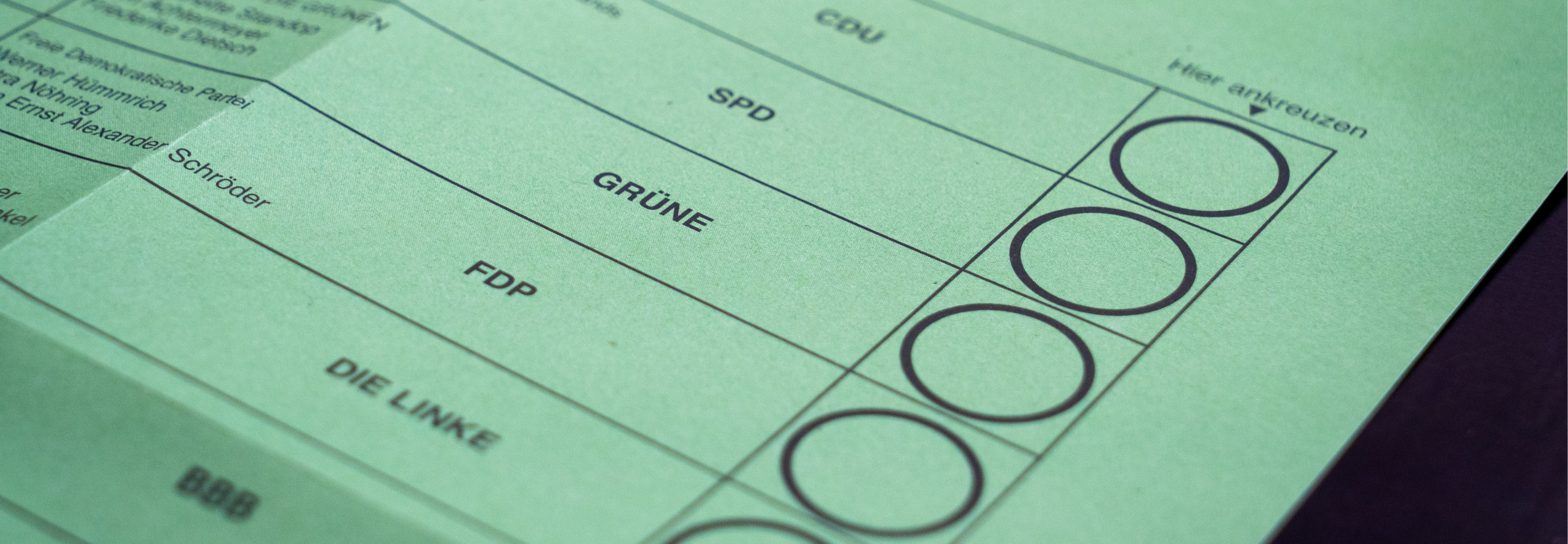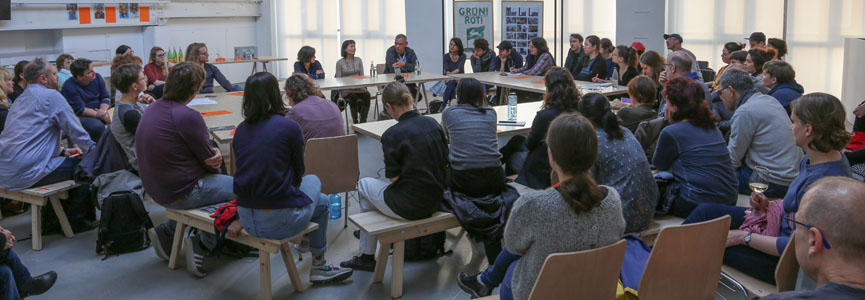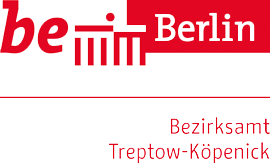"Status Unresolved" - Forum 89/90+
Migrants in East Germany 89/90+
Open Talk with
Angelika Nguyen | Author, film journalist and activist 89/90+
Patrice Poutrus | Historian, Migration Researcher and Contemporary Witness 89/90+
Huong Vu Thi Nguyet | contemporary witness 89/90+ and consultant for migrants in Oberschöneweide
Further events and information: https://bit.ly/2Pi0fph
Photos: Tamerlan Bibulatov // offensiv'91 e.V.
____________________
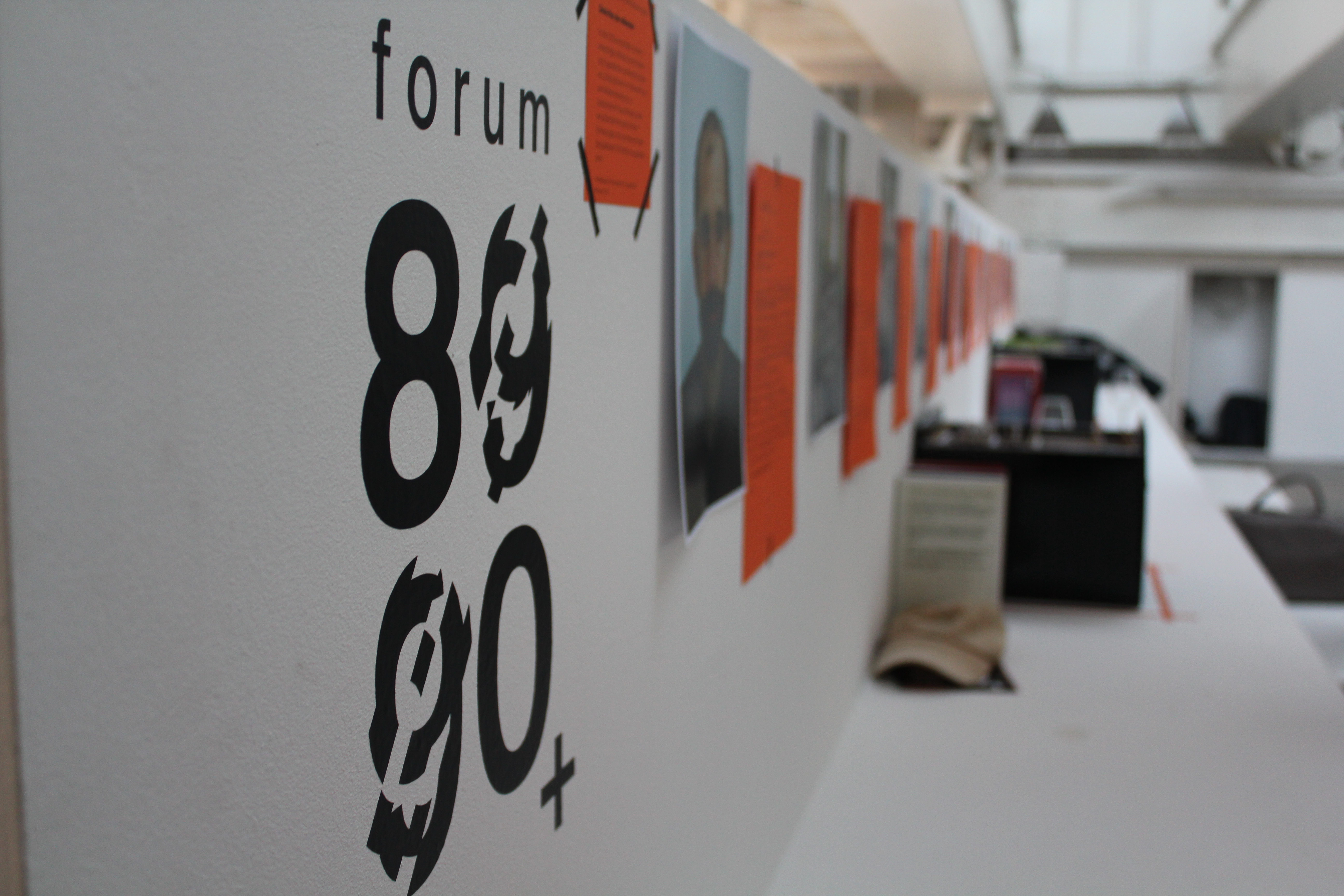
At the beginning of the event, Huong Vu Nguyet emphasized: "Everyone was with him- or herself and their own thoughts. The processing of the events took a long time". Mixed feelings determined the time. At first, the conditions were safe, but from one day to the next they were thrown overboard.
Questions of the right to stay determined the "Wende" years
"Many people knew that if political conditions changed, something would change for us in particular," explains Poutrus. But it wasn't that simple. Of course, social benefits were relatively quickly lost and contract workers were among the first to lose their jobs. But the sending countries reacted very differently. As a child of a binational partnership, Poutrus wondered what would happen to him: "The Federal Constitutional Court had already decided much earlier on the basis of individual cases that all Eastern Germans would be naturalised. But I didn't know that at the time." All in all, the following years were very exhausting.
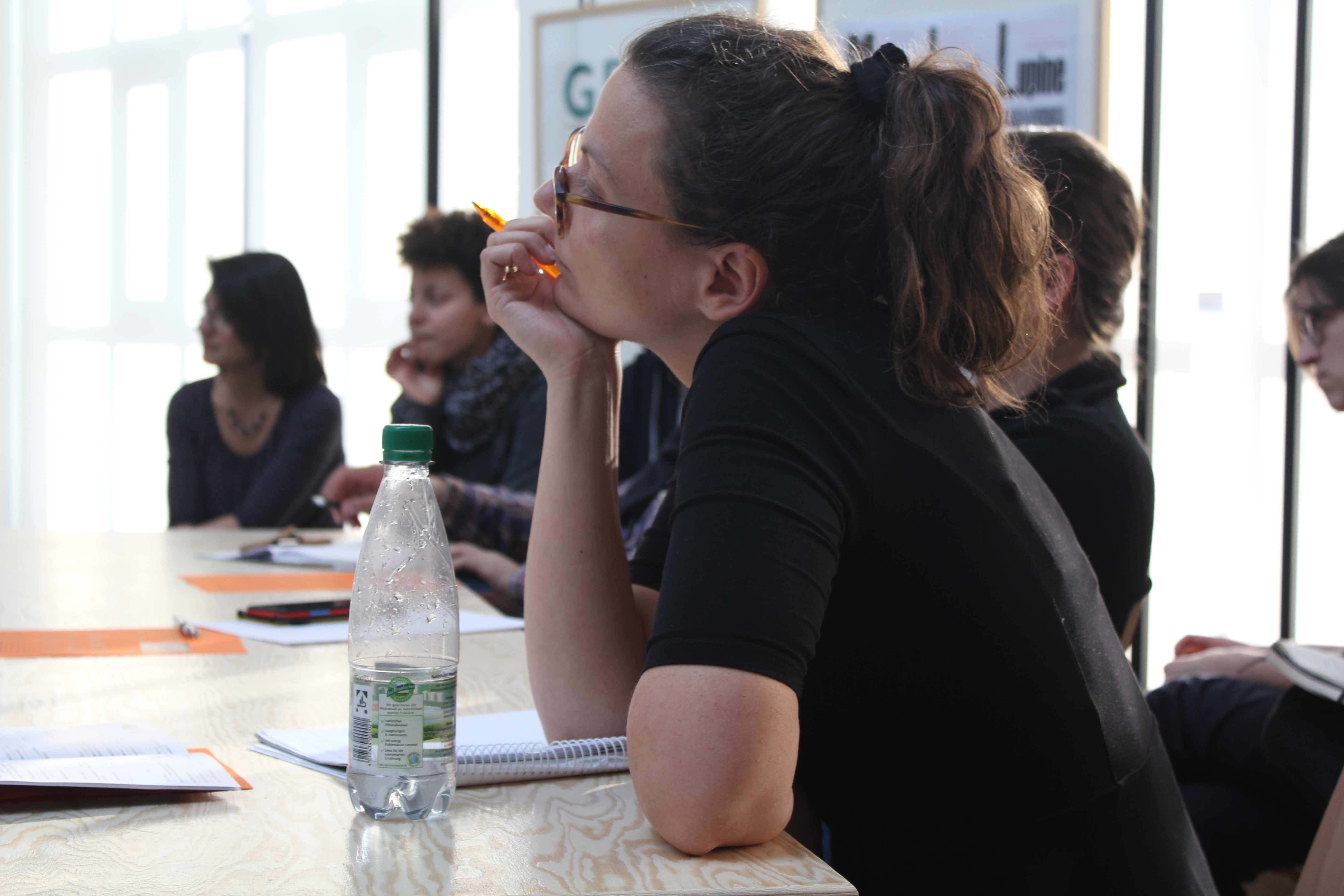
At this point, Vu Nguyet adds the importance of great solidarity among the Vietnamese contract workers: "Many shared with me about beautiful years they experienced. It was like a second home. There was little free time, but a lot of togetherness." Only after the fall of communism many got afraid for their safety. Friendships would move some to stay, and the hope that even after the fall of communism there would be a chance for them in Germany. From the very beginning there had been networks of mutual support in the struggle for survival. After 1990, many were forced to sell all sorts of products on the streets, child care was added to an already precarios situation as well as the realisation that many white people did not like them. "And yet, the feeling of having a family here still exists today", Vu Nguyet goes on.
A country on packed suitcases - an extremely bad position for respect and acceptance
Poutrus describes his experience with the GDR as a country sitting on packed suitcases: "And there you come as a contract worker - an extremely bad position for respect and acceptance. This was intended, contract workers as politically compliant workers. This had an effect on the workplace: "What do you want here? We want to get away!" On the other hand, you'd alwys have to behave well. After the fall of the Berlin Wall something condensed. The tram, which had always been packed, was suddenly empty: "I was standing in the canteen and someone asked me, 'Why are you still here?' I didn't understand it, I didn't see the difference between us."
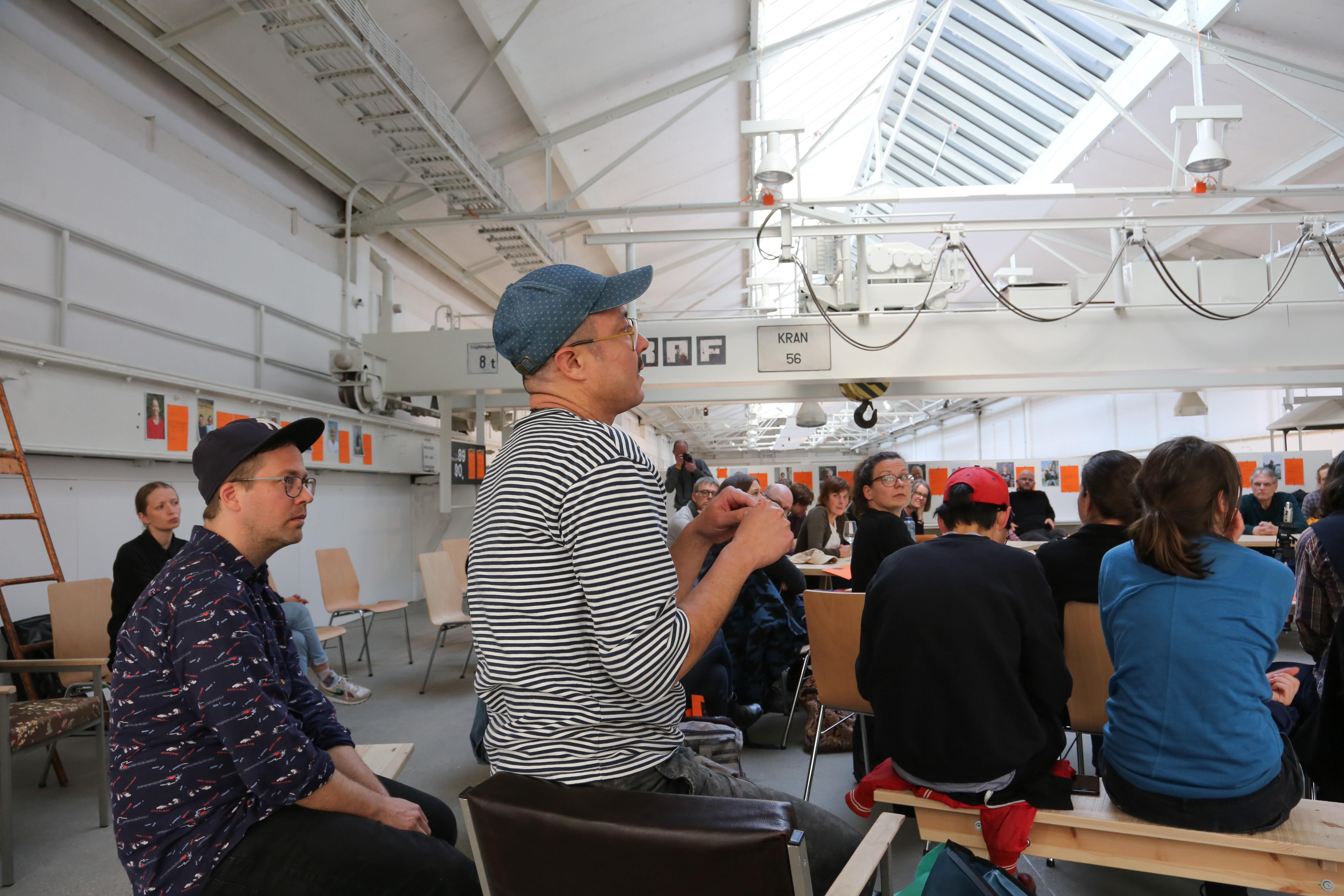 The law on foreigners was rigid, Poutrus explains: "My father tried to use everything from the education system to be allowed to stay. When he habilitated, he had to leave. My parents were married." The experts also talk about the dealing with the pregnancy of contract workers. After protests, the practice of deportations was revoked. "However, the GDR could have done something about Vietnam's demand earlier", Poutrus concluded. The work seemed to have been more important.
The law on foreigners was rigid, Poutrus explains: "My father tried to use everything from the education system to be allowed to stay. When he habilitated, he had to leave. My parents were married." The experts also talk about the dealing with the pregnancy of contract workers. After protests, the practice of deportations was revoked. "However, the GDR could have done something about Vietnam's demand earlier", Poutrus concluded. The work seemed to have been more important.
The next generation - a chance for reconciliation
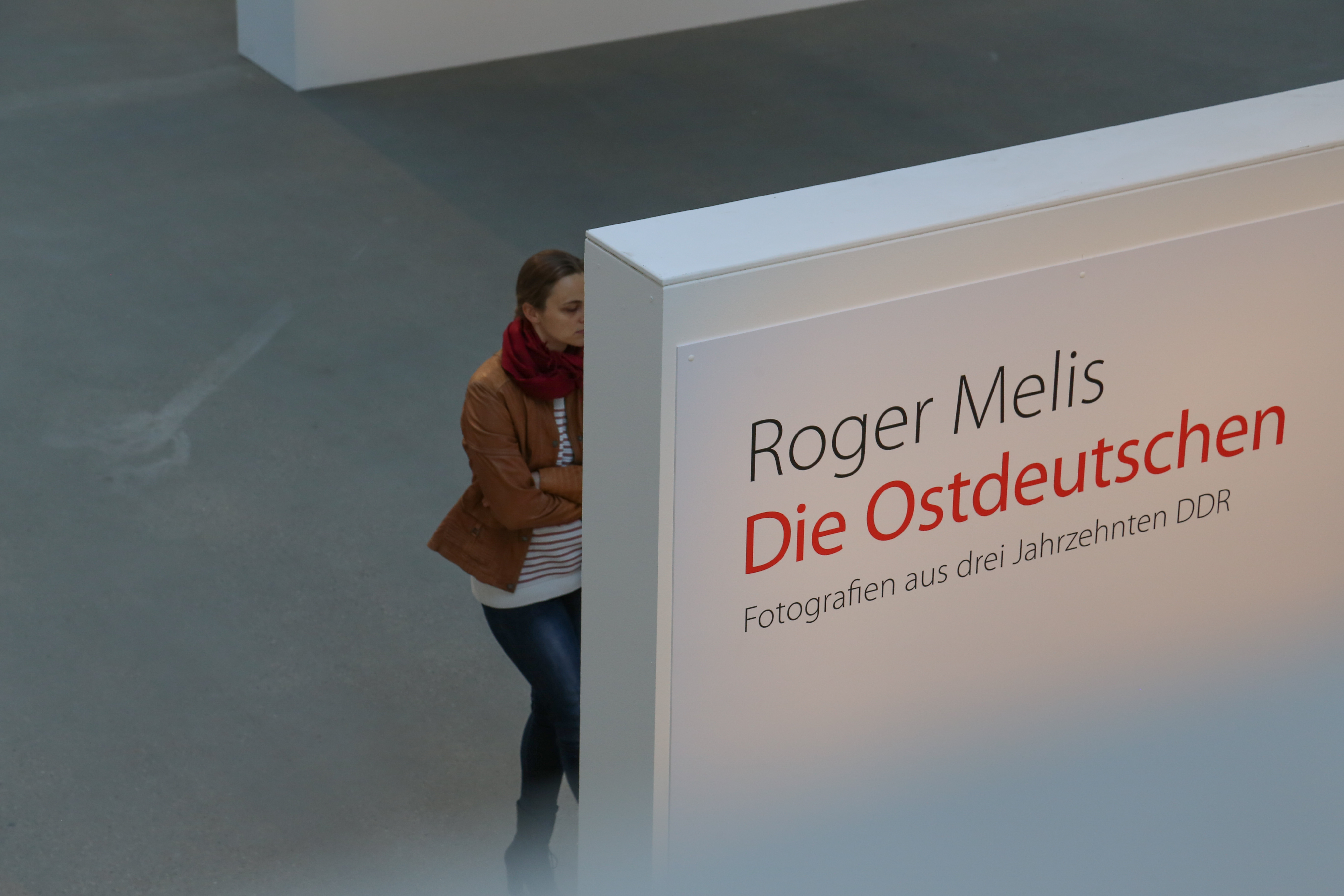 Nguyen then stressed that there had also been many experiences of racism in the West of the 1990s, and directed the conversation to an unexpected and reconciling moment by the children of Vietnamese immigrants. For a long time, the so-called Boatpeople, who fled to Germany in the 1970s as a result of the Vietnam War, did not want to have anything to do with Vietnamese contract workers. "The reconstruction after the war was a shock for people in South Vietnam. The collectivisation of agriculture led to famine. Contract workers from South Vietnam were also under particular pressure to get their families through," Poutrus added. A theatre project though brought them closer together, Nguyen adds. Without the second generation, who had grown up in Germany, this would not have been as easily achieved.
Nguyen then stressed that there had also been many experiences of racism in the West of the 1990s, and directed the conversation to an unexpected and reconciling moment by the children of Vietnamese immigrants. For a long time, the so-called Boatpeople, who fled to Germany in the 1970s as a result of the Vietnam War, did not want to have anything to do with Vietnamese contract workers. "The reconstruction after the war was a shock for people in South Vietnam. The collectivisation of agriculture led to famine. Contract workers from South Vietnam were also under particular pressure to get their families through," Poutrus added. A theatre project though brought them closer together, Nguyen adds. Without the second generation, who had grown up in Germany, this would not have been as easily achieved.
Conflicts become more acute in crisis situations, but they arise beforehand.
There was racism in both East and West Germany. Nevertheless, Nguyen goes on, it wouldn't be right to outsource this narrative to the East alone as it often happens. Solingen and an arson attack on two Boatpeople are just two examples of many, she mentions further, showing that structural racism was also present in Western Germany - before and after 1990. However, Western Germany seems to get away with it. Poutrus emphasizes that an equally false narrative is the social condition for racist incidents. Of course, conflicts in crisis situations become more acute, but they arise beforehand.
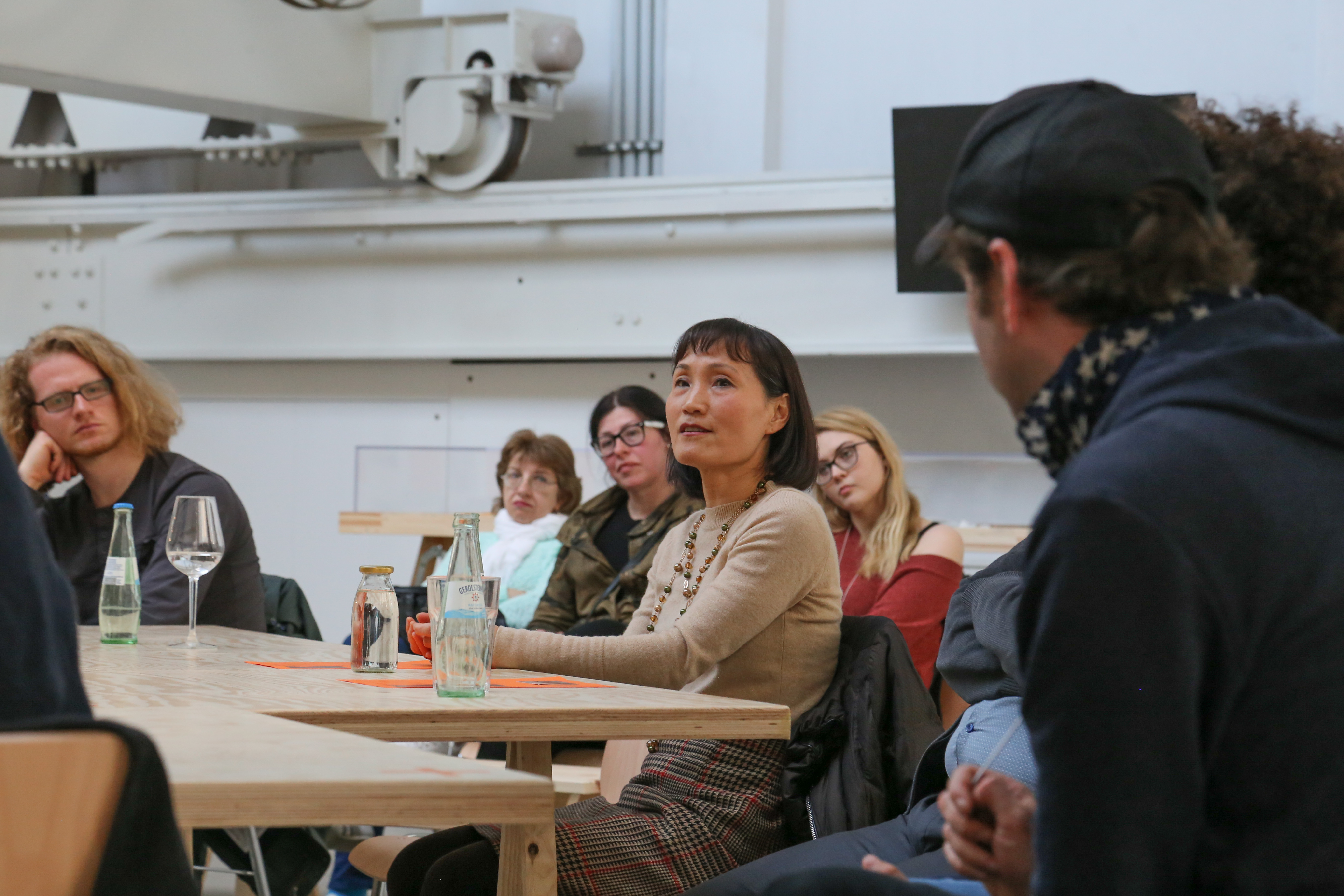 But how about the contact between GDR citizens and guest workers? There was rather little encounter, according to Vu Ngyuet. Poutrus adds that the dormitories were strongly regulated, whereby the restrictive order in everyday life met the "socialist inefficiency": here too people knew how to deal with the limits set for them. For example, there was a flourishing small fashion trade in the accommodations, which continued even after the fall of the wall. These strategies, which were not in line with the system, were important for migrants to support their families at home.
But how about the contact between GDR citizens and guest workers? There was rather little encounter, according to Vu Ngyuet. Poutrus adds that the dormitories were strongly regulated, whereby the restrictive order in everyday life met the "socialist inefficiency": here too people knew how to deal with the limits set for them. For example, there was a flourishing small fashion trade in the accommodations, which continued even after the fall of the wall. These strategies, which were not in line with the system, were important for migrants to support their families at home.
We can't get any further with the distribution of hats!
And today? The points of exploitation shifted. Stereotypes or distributing hats would not get the real debate any further, Poutrus states. People pay a price: "The question of who they were inside didn't count at all! The difficulties in Germany don't come not down to the answer on the question whether some groups fit in better than others. It is about the hierarchy in our heads, from which some benefit and many suffer. People are "othered". That is incredibly simple; it makes life easier. It is also attractive for those who believe they have not been given special consideration by society. Getting on without this hierarchy, that's the real challenge."
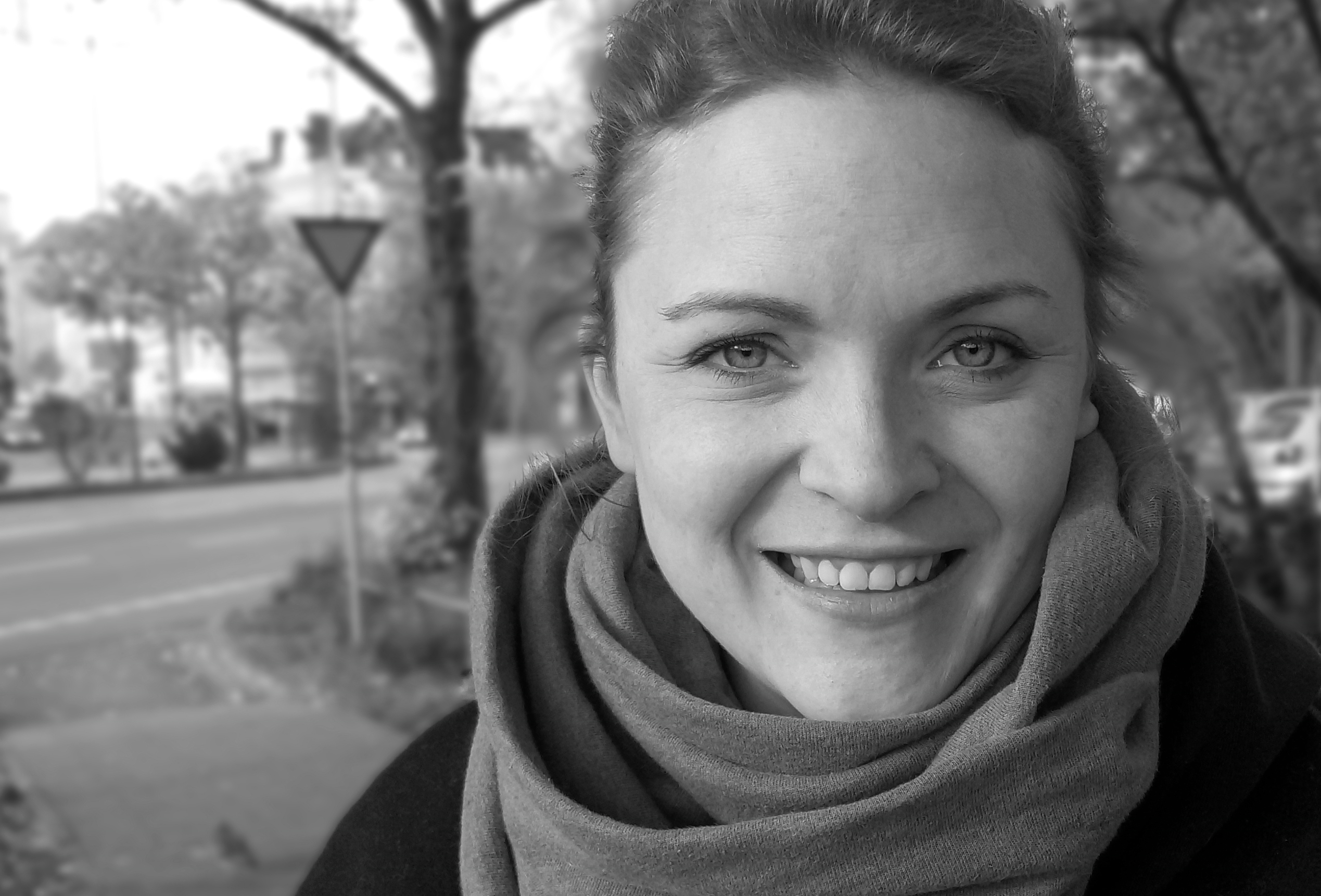
Katha koordiniert InteraXion, Willkommensbüro und Wohnraumberatung für Menschen mit Migrations- und Fluchterfahrung in Treptow-Köpenick. Sie begleitet RawafedZusammenfluss von hauptamtlicher Seite. Journalistische Erfahrung konnte sie durch verschiedene Projekte der Jugendpresse und dem Studierendenmagazin UnAufgefordert sammeln. Wenn sie nicht nach neuen Geschichten sucht, tummelt sie sich in Boulderhallen.
Katha coordinates InteraXion, the welcome office for migrants* and refugees in Treptow-Köpenick and accompanies RawafedZusammenfluss through her work. She gained journalistic experience through various youth press projects and the student magazine UnAufgefordert. When she is not looking for new stories, she spends her time in bouldering halls.
